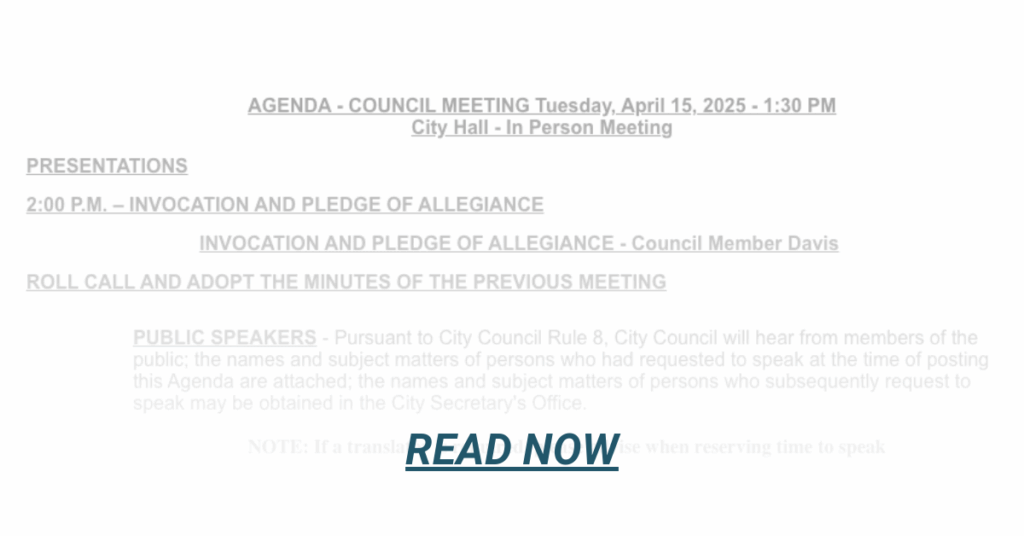Updated on April 21, 2025
Houston, America’s fourth-largest city, has adopted its first short-term rental ordinance after months of deliberation, stakeholder feedback, and a slate of amendments.
The new rules, which were unanimously passed by the Houston City Council on April 15, 2025, aim to weed out irresponsible operators who have allowed noise, unruly conduct, and illegal activity to intrude on the city’s neighborhoods.
“We’re trying to narrowly tailor this while giving the city some leverage,” said Councilmember Abbie Kamin on the day of the vote. “We’re trying to tread as lightly as possible while still addressing the concerns and needs of the city of Houston.”

Registration and training requirements
The ordinance requires owners and/or operators to register their STR units with the city for a fee of $275 per property. Registration applications will gather information such as the owner’s and operator’s names and a 24-hour emergency contact to respond to emergencies.
Registrants must report any changes to their listing details within 15 days and complete annual training on how to identify and report human trafficking.
Operators have 180 days to comply with the regulations. The law applies to over 8,500 short-term rentals within the city limits.
Power to revoke STR certificates
If an operator receives citations for three or more of their properties in a two-year period, the city can revoke the registration certificates for all of the properties that the operator manages. A separate clause targets large STR portfolios in multifamily buildings. If 25% or more of an owner or operator’s STR certificates are revoked in a single building, the city can revoke the remaining certificates in the building.
The ordinance also authorizes the city to revoke a property’s certificate if guests commit certain crimes, including disorderly conduct, reckless firearm discharge, or repeated noise ordinance violations.
“This is a good move toward having something in place to go after repetitive bad owners or operators,” said Councilmember Sallie Alcorn. “There aren’t that many of them.”
The ordinance includes language that gives the city discretion on whether to revoke the certificates after three citations or a criminal act by a guest. This provides leeway for extenuating circumstances.
“There will be due process; there will be a hearing,” Sallie said. “This isn’t going to be running around revoking permits. This is just something we’ve got to put in place to go after the problem owners or operators.”
Model policy
Expedia Group, owner of Vrbo, described Houston’s new law as “a model for other local governments.”
In a statement, Expedia Group said the city’s “extensive work to gather and incorporate feedback” resulted in “an ordinance that balances diverse community needs.”
“We’re grateful for the City’s partnership with Expedia Group and others in crafting this law and will continue to support Houston and our local partners as the law is implemented and enforced,” the statement said.
Enforcement concerns
While the ordinance passed unanimously, some councilmembers expressed concern that the city lacks adequate resources to enforce the new law.
Councilmember Twila Carter noted that despite 834 calls to 149 STR units in multifamily buildings, the Houston Police Department issued no citations.
SheI doesn’t know if this ordinance solves the problem, she said.
Billy Rudolph, Chief of Staff at the Houston Department of Administration and Regulatory Affairs, told KHOU 11 that the city has contracted with Host Compliance by Granicus to take complaints about short-term rentals and route them to law enforcement or the appropriate city department. He added that the Department of Administration and Regulatory Affairs would be responsible for following up and revoking registration certificates when appropriate.
Twila also recommended appointing a task force to oversee enforcement and the implementation of the new law.
Councilmember Letitia Plummer recommended including at least one STR operator on the task force “just to have someone that can share with us what they’re experiencing on the back end of this and how it’s either positively or negatively affecting them.”
Based on feedback from operators and the community, the ordinance can be revised in the future.
“This is not final,” said Councilmember Julian Ramirez. “If we need to change this, we can.”
…


